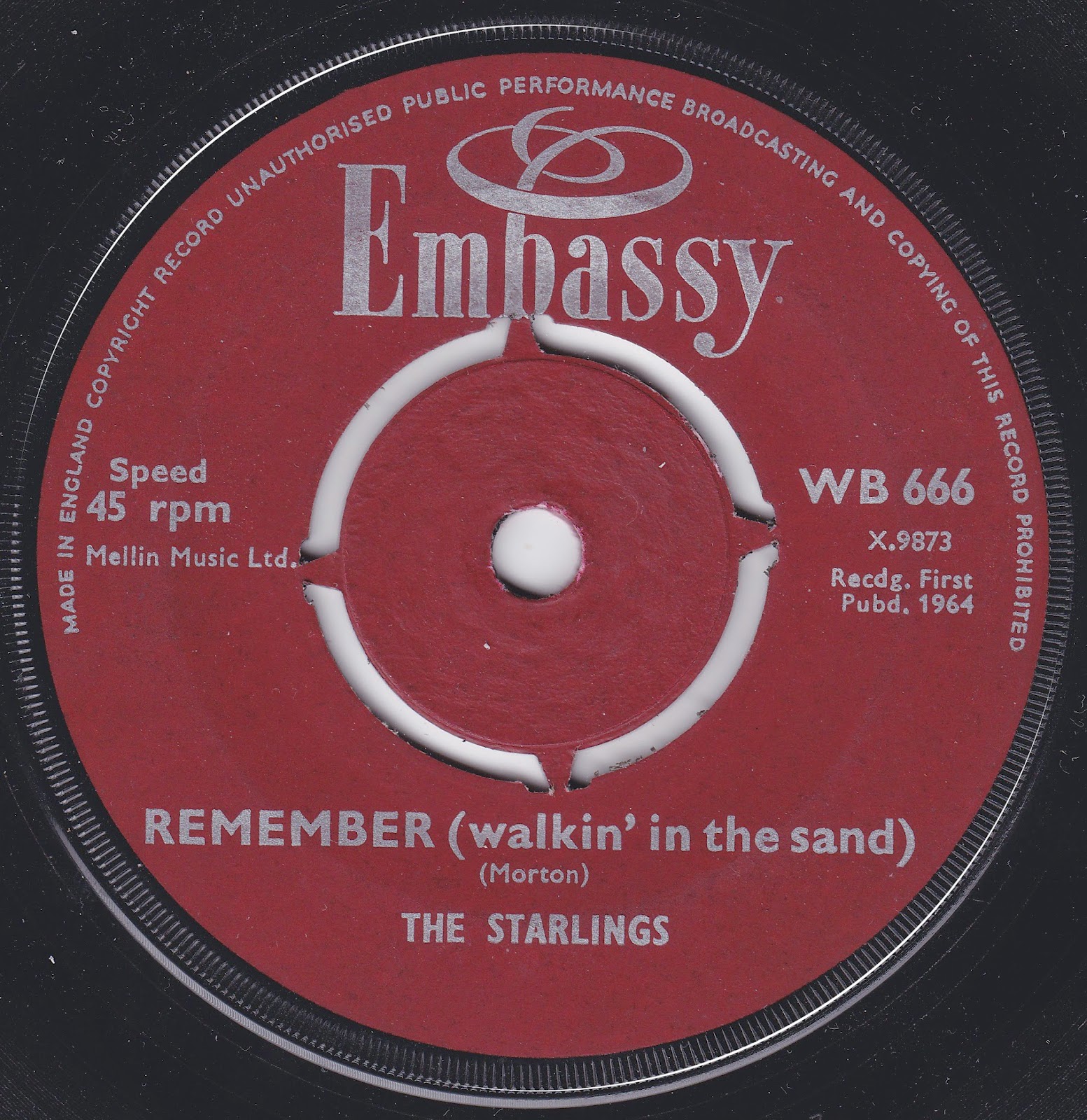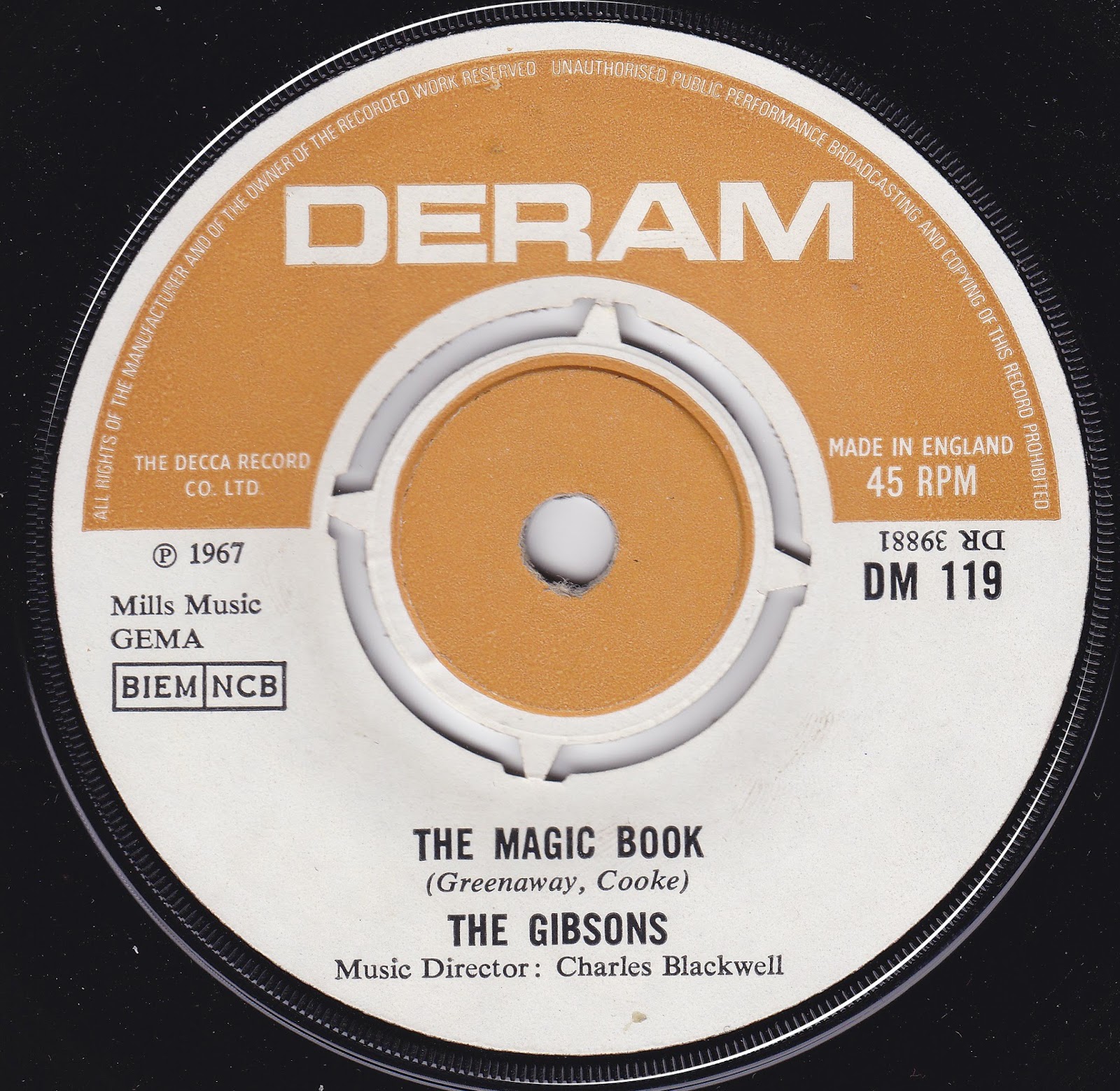Label: Uni
Year of Release: 1969
The constant waves of neo-psychedelic bands since the nineties have ensured that the ideas in the genre remain current, but even so, some psychedelic pop records sound much more of their moment than others. It doesn't impinge on their overall quality, but - to throw one example to the jury - Donovan's "I Love My Shirt" doesn't sound as if anyone would have recorded it in the last twenty years. Its slightly humorous, whimsical take on comfortable Carnaby Street wear seems somewhat quaint now.
And so we come on to "Mr Peacock", a cheery ditty with harmony vocals largely celebrating the "grooviness" of a particular individual. This is the part of the era that "Austin Powers" filtered off and turned into a giant action cartoon - the garish, the silly and the celebratory. But within the context of its original purpose, it makes a lot more sense. The "Mr Peacock" to whom they refer is Don Knotts' character in the film "The Love God?", a dorky, awkward individual who turns into a sexual magnet when he accidentally becomes custodian of a successful pornographic magazine. This single was ripped from the soundtrack, and the comedic line between Powers and Peacock is narrow enough to assume that tongues were probably firmly in cheek within the ranks of Orange Colored Sky as well.
While never blessed with an enormous amount of success, Orange Colored Sky (consisting of Larry Younger, Walter Slivinski, Vinny Younger and Tony Barry) were busy boys on the live gig circuit, spending periods as the house band at New York's Peppermint Lounge, as Burt Bacharach's opening live act, and working the club circuit in Los Angeles. Their 1970 track "Press A Rose" also managed to creep into the Billboard Top 100. Known for their professional live shows, a steady stream of appearances continued until the eighties when they shut up shop.
They eventually reformed in the nineties and were performing live cover versions in the South West of the USA until the middle of last decade, though the trail goes a bit cold after that point. Certainly though, the length of time they have spent together as a professional concern shows that if you're slick enough as performers, people will always find work for you.













